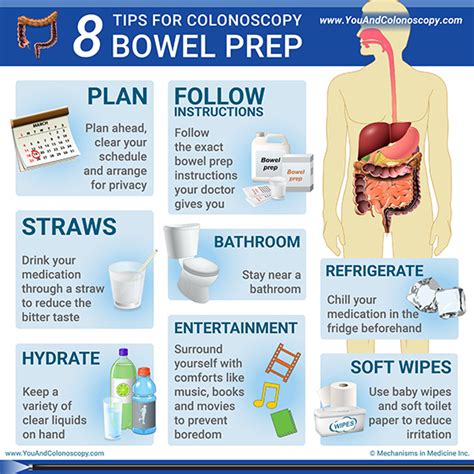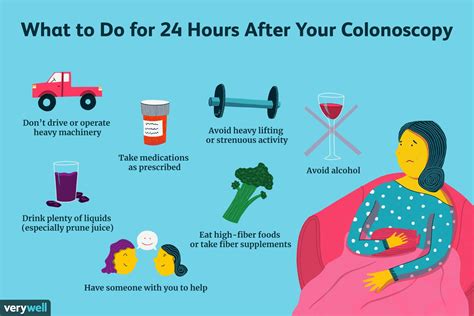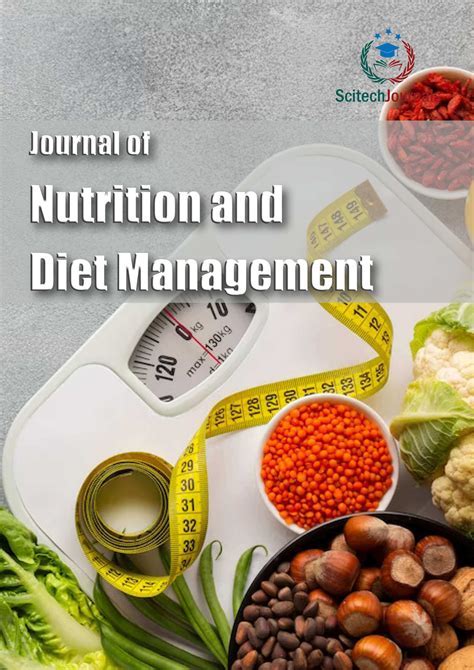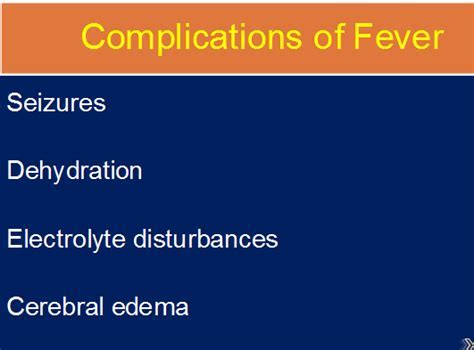Intro
Learn about colonoscopy recovery time, post-procedure care, and bowel prep with our comprehensive guide, covering preparation, risks, and complications to ensure a smooth recovery and optimal colon health after a colonoscopy procedure.
Colonoscopy is a crucial medical procedure used to detect and prevent colon cancer, as well as diagnose various gastrointestinal issues. The procedure involves inserting a flexible tube with a camera and light on the end into the rectum to examine the inside of the colon. While the procedure itself is relatively quick, the recovery time can vary depending on several factors, including the individual's overall health, the type of sedation used, and whether any polyps or biopsies were removed during the procedure. In this article, we will delve into the details of colonoscopy recovery time, what to expect, and provide tips for a smooth and comfortable recovery.
The importance of understanding colonoscopy recovery time cannot be overstated. It is essential to plan and prepare for the recovery period to ensure a safe and successful outcome. Patients who are well-informed about what to expect during the recovery process are more likely to follow their doctor's instructions, which can help minimize the risk of complications and promote a speedy recovery. Additionally, understanding the recovery time can help individuals plan their daily activities, work, and social engagements accordingly, reducing stress and anxiety.
A colonoscopy is typically performed on an outpatient basis, and most patients can return home the same day. However, the recovery time can range from a few hours to several days, depending on the individual's response to the procedure and the type of sedation used. It is crucial to follow the doctor's instructions and take the necessary precautions to ensure a smooth and comfortable recovery. In the following sections, we will explore the different aspects of colonoscopy recovery time, including the preparation, procedure, and post-procedure care.
Preparation and Procedure

Types of Sedation
The type of sedation used during a colonoscopy can affect the recovery time. There are two main types of sedation used: conscious sedation and deep sedation. Conscious sedation is a mild sedative that helps patients relax and feel comfortable during the procedure. Deep sedation, on the other hand, is a stronger sedative that can cause patients to fall asleep during the procedure. The type of sedation used will depend on the individual's medical history, the type of procedure being performed, and the doctor's preference.Recovery Time

Post-Procedure Care
After the procedure, patients will be taken to a recovery room where they will be monitored for any adverse reactions to the sedation or the procedure. Patients will be given instructions on how to care for themselves after the procedure, including what to eat, how to manage any discomfort or pain, and when to follow up with their doctor. It is essential to follow these instructions carefully to ensure a smooth and comfortable recovery.Managing Discomfort and Pain

- Drinking plenty of fluids to help flush out the colon
- Taking over-the-counter pain medications, such as acetaminophen or ibuprofen
- Applying a warm compress to the abdomen to help relieve cramping
- Avoiding solid foods for a few hours after the procedure
Diet and Nutrition
After a colonoscopy, patients may need to follow a special diet to help their body recover. This may include avoiding solid foods for a few hours after the procedure and drinking plenty of fluids to help flush out the colon. Patients may also need to avoid certain foods, such as beans, cabbage, and broccoli, which can cause gas and bloating.Returning to Normal Activities

Follow-Up Care
After a colonoscopy, patients will need to follow up with their doctor to discuss the results of the procedure and any further treatment or testing that may be needed. Patients should also follow up with their doctor if they experience any symptoms or side effects after the procedure, such as bleeding, severe abdominal pain, or difficulty breathing.Potential Complications

- Bleeding or perforation of the colon
- Infection
- Adverse reactions to the sedation
- Bowel obstruction
Patients should seek medical attention immediately if they experience any of these symptoms or side effects after the procedure.
Risk Factors
Certain individuals may be at a higher risk for complications after a colonoscopy, including:- Older adults
- Patients with certain medical conditions, such as heart disease or diabetes
- Patients who are taking certain medications, such as blood thinners
- Patients who have a history of colon cancer or polyps
These individuals should discuss their risk factors with their doctor before the procedure and follow their doctor's instructions carefully to minimize the risk of complications.
Conclusion and Next Steps

We invite you to share your thoughts and experiences with colonoscopy recovery time in the comments below. If you have any questions or concerns, please do not hesitate to reach out to us. We are committed to providing you with the most accurate and up-to-date information to help you make informed decisions about your health.
What is the average recovery time for a colonoscopy?
+The average recovery time for a colonoscopy is a few hours to a few days, depending on the type of sedation used and whether any polyps or biopsies were removed during the procedure.
What are the potential complications of a colonoscopy?
+The potential complications of a colonoscopy include bleeding or perforation of the colon, infection, adverse reactions to the sedation, and bowel obstruction.
How long do I need to avoid solid foods after a colonoscopy?
+Patients typically need to avoid solid foods for a few hours after a colonoscopy, or until the sedation has worn off and they are feeling comfortable.
